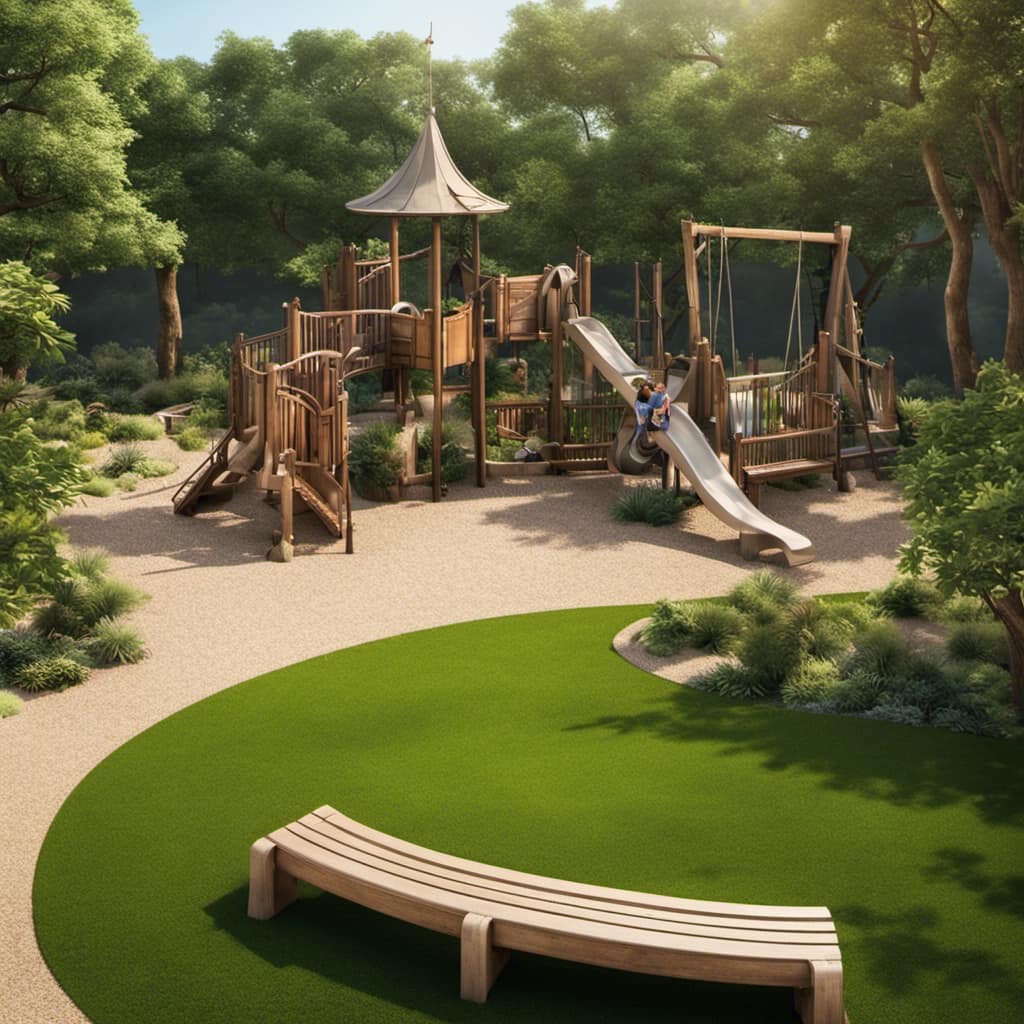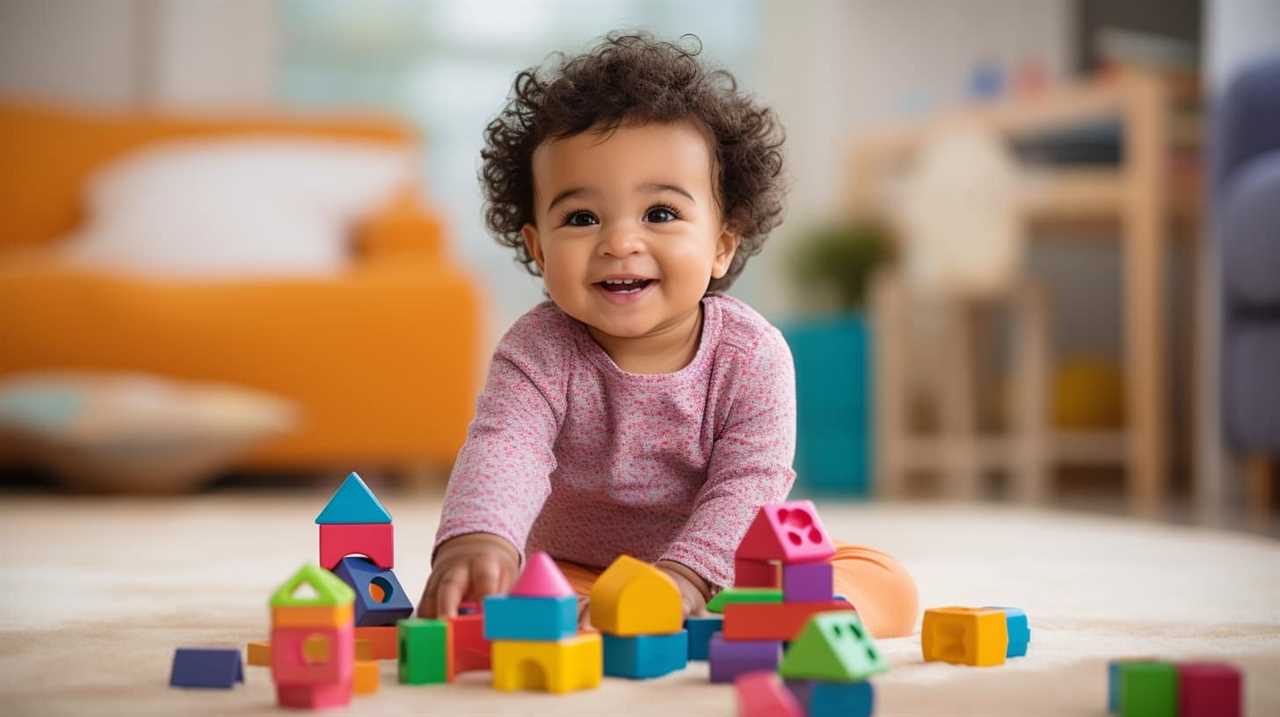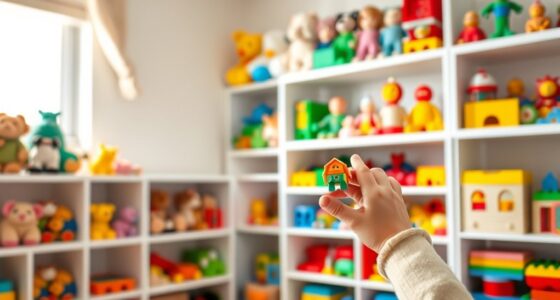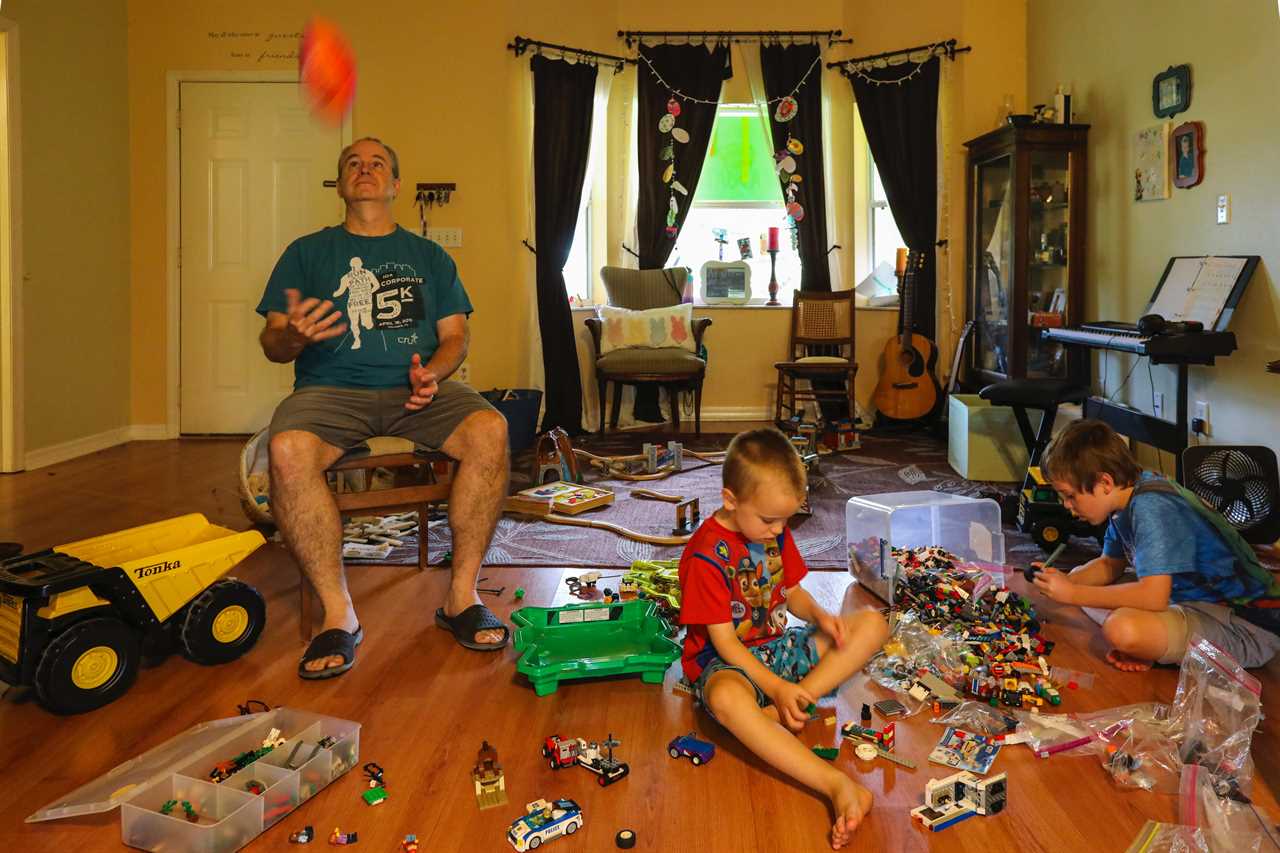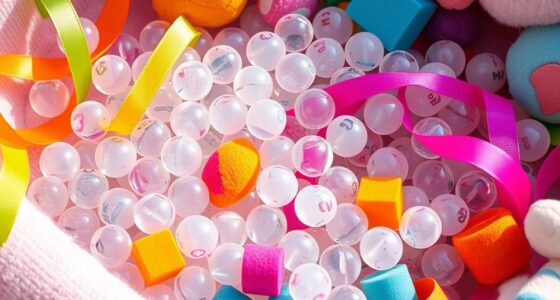As a preschool educator, I am always amazed by the important role that play plays in promoting children’s development. It is truly incredible how something as simple as play can ignite their creativity, boost problem-solving skills, and enhance critical thinking abilities.
Through play, children become engaged and motivated to learn, exploring and developing essential cognitive and social skills. Open-ended toys like blocks, play dough, and dress-up clothes encourage imagination, problem-solving, and social interaction. Moreover, these toys promote fine motor skills, hand-eye coordination, and finger strength.
The research is clear – play is not just fun, it’s an essential tool for preschool learning.
Key Takeaways
- Play promotes creativity, problem-solving, and critical thinking abilities.
- Play-based learning enhances children’s engagement and motivation to learn.
- Open-ended toys like blocks, play dough, and dress-up clothes enhance imaginative play.
- Sensory toys engage multiple senses and promote exploration.
The Benefits of Open-Ended Toys
Playing with open-ended toys like blocks and dress-up clothes has numerous benefits for children. It enhances imaginative play, promotes problem-solving skills, and fosters creativity. Research shows that when children engage in imaginative play, they are able to explore different scenarios, create narratives, and develop their problem-solving abilities. This type of play allows children to think critically, come up with unique solutions, and use their imagination to its fullest extent.
Play-based learning is also important and should not be underestimated. It encourages children to take risks, make decisions, and learn from their mistakes. By providing children with open-ended toys, we are giving them the tools they need to develop important cognitive, social, and emotional skills. These skills will benefit them throughout their lives.
Enhancing Fine Motor Skills Through Play
Developing fine motor skills in preschoolers involves engaging in activities that strengthen hand muscles, improve hand-eye coordination, and enhance spatial awareness. One effective way to achieve this is through sensory exploration and manipulating objects. Sensory toys engage multiple senses, allowing children to explore different textures, sounds, and visuals, while also promoting cognitive development and problem-solving abilities. Manipulating objects such as puzzles, building blocks, playdough, threading laces, and pegs into a board helps refine hand-eye coordination, finger strength, and dexterity. To paint a clearer picture, here is a table showcasing some examples of activities that can enhance fine motor skills in preschoolers:
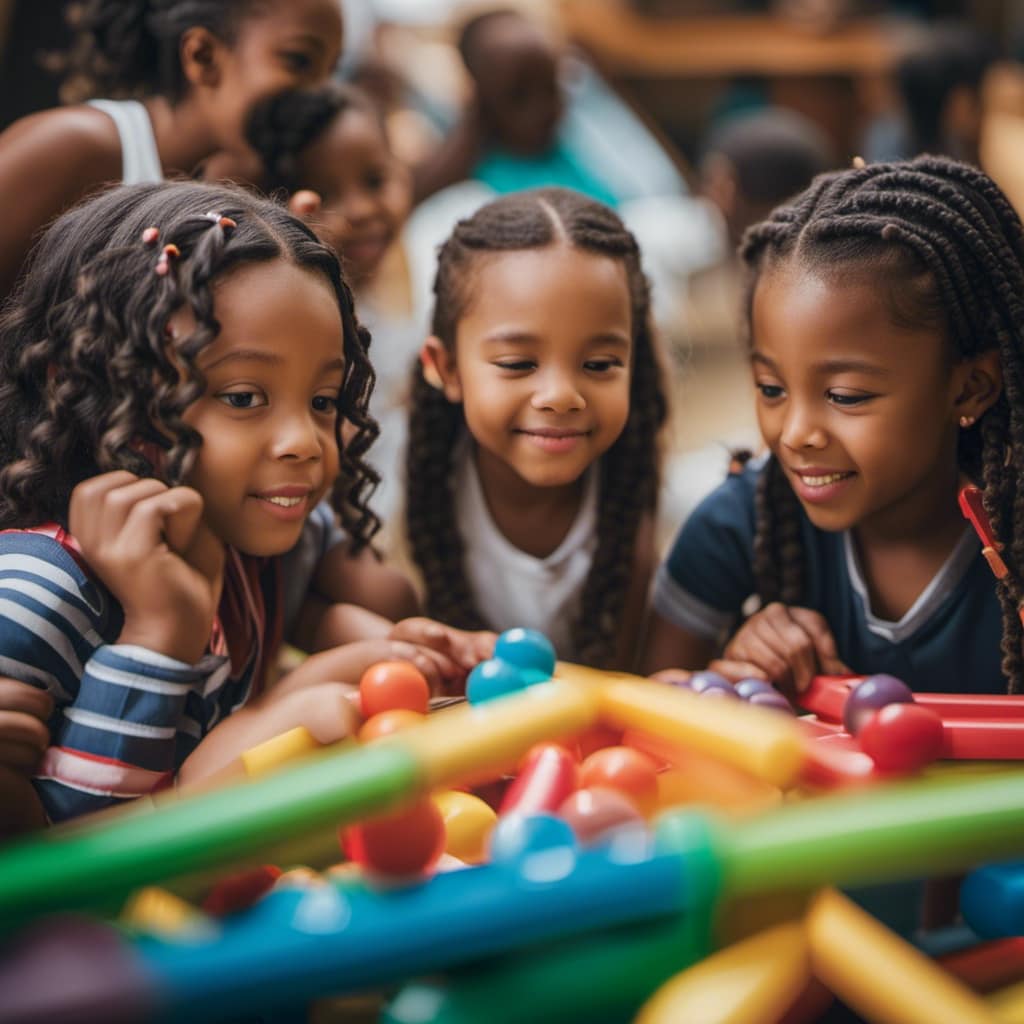
| Activity | Description | Benefits |
|---|---|---|
| Puzzles | Solving puzzles improves hand-eye coordination and problem-solving skills. | Enhances cognitive development and fine motor skills. |
| Building Blocks | Playing with building blocks strengthens hand muscles and enhances spatial awareness. | Improves hand muscles and spatial awareness. |
| Playdough | Manipulating playdough develops finger strength, dexterity, and control. | Enhances finger strength, dexterity, and control. |
| Threading Laces | Threading laces through cards improves hand-eye coordination and fine motor skills. | Refines hand-eye coordination and fine motor skills. |
| Peg Board | Inserting pegs into a board refines grasping and releasing skills. | Develops grasping and releasing skills. |
Exploring Science and Nature With Sensory Play
Engaging in sensory play with various materials and textures allows me to explore the wonders of science and nature. Sensory exploration is a key component of cognitive development in preschoolers.
When children engage their senses through play, they are actively learning and processing information about the world around them. Sensory toys, such as sand tables, water tables, and sensory bins, provide opportunities for children to touch, feel, and manipulate different textures. This type of play stimulates their brain development and enhances their problem-solving abilities.
By engaging in sensory exploration, children also learn about cause and effect, develop their language skills, and improve their fine motor skills.
Overall, sensory play is a valuable tool for promoting cognitive development in young children and fostering their curiosity about science and nature.
Nurturing Social and Emotional Development Through Play
Interacting with others through imaginative play and problem-solving activities has helped me develop valuable social and emotional skills. Through play, I’ve learned to navigate social situations, regulate my emotions, and communicate effectively with others.
Here are three ways play enhances emotional intelligence and enhances social skills:
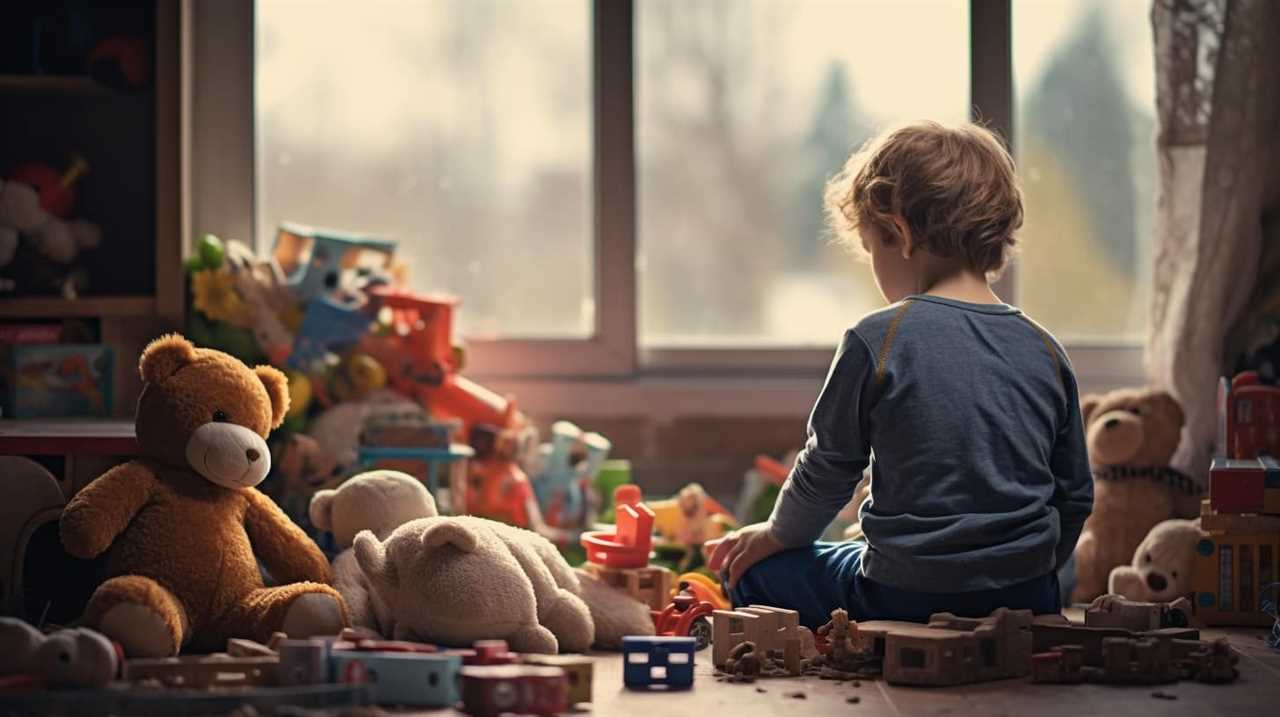
-
Empathy: Playing pretend allows me to step into someone else’s shoes and understand their feelings and perspectives. This helps me develop empathy, a crucial component of emotional intelligence.
-
Cooperation: Collaborative play, such as building with blocks or solving puzzles together, teaches me how to work as a team, listen to others’ ideas, and compromise. These skills are essential for positive social interactions.
-
Conflict Resolution: Play often involves negotiation and problem-solving, which teaches me how to resolve conflicts and find win-win solutions. These experiences enhance my ability to handle disagreements in real-life situations.
The Role of Role-Playing in Preschool Learning
As a preschooler, role-playing has allowed me to step into different characters and explore various situations, fostering my imagination and creativity. Role-playing benefits children in numerous ways, providing them with imaginative play advantages that contribute to their overall development. Through role-playing, children can develop important social and emotional skills, such as empathy, communication, and problem-solving. It allows them to understand and regulate their own emotions, while also promoting cooperation and negotiation with others. Role-playing also enhances cognitive abilities as children create narratives, make decisions, and solve problems within their play scenarios. To emphasize the benefits of role-playing, here is a table showcasing the advantages it brings to preschool learning:
| Role-Playing Benefits | Imaginative Play Advantages |
|---|---|
| Social and emotional development | Enhanced creativity and problem-solving skills |
| Empathy and communication skills | Improved cognitive abilities |
| Cooperation and negotiation skills | Development of decision-making skills |
Through role-playing, children can truly unleash their imagination and gain valuable skills that will support their future learning and development.
The Power of Puzzles for Cognitive Development
Solving puzzles has improved my problem-solving skills and cognitive development. The process of working through a puzzle requires me to think critically, analyze information, and come up with strategies to solve it. Research has shown that puzzle solving in early childhood has numerous benefits for cognitive development.
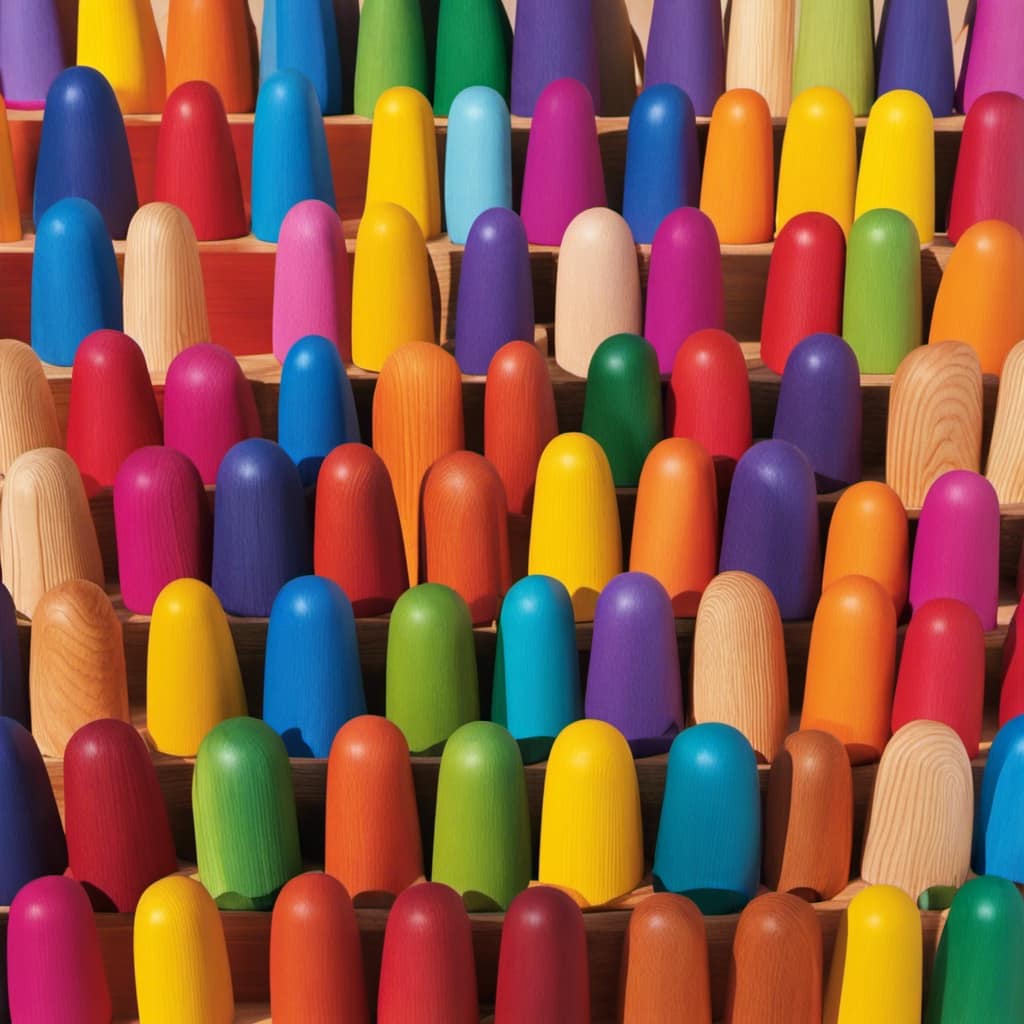
Here are three key strategies that can enhance puzzle solving skills and promote cognitive growth in young children:
-
Start with simple puzzles: Beginning with puzzles that have fewer pieces helps children build confidence and develop basic problem-solving skills.
-
Encourage trial and error: Allowing children to try different approaches and learn from their mistakes fosters perseverance and resilience.
-
Provide support and guidance: Offering verbal prompts, asking open-ended questions, and providing assistance when needed can help children develop problem-solving strategies and expand their cognitive abilities.
Storytelling Toys: Building Language and Communication Skills
Using storytelling toys has greatly improved my language and communication skills. These toys have been instrumental in building my vocabulary, comprehension, and communication skills.
Through engaging with these toys, I have developed language fluency and expression. Storytelling toys provide opportunities for me to explore different narratives, characters, and scenarios, which in turn enhances my understanding of language and its usage.

By actively participating in storytelling, my comprehension skills have improved as I learn to understand and interpret different storylines and themes.
Additionally, these toys have helped me develop my communication skills by encouraging me to express my thoughts, ideas, and emotions through storytelling.
Overall, storytelling toys have played a crucial role in my language and communication development, fostering both fluency and expression.
Counting and Sorting Toys: Fostering Critical Thinking
Counting and sorting toys have greatly enhanced my critical thinking skills, allowing me to analyze, evaluate, and make informed decisions. Here are three ways these toys foster logical reasoning and develop problem-solving skills:
-
Building a strong foundation: Counting and sorting toys introduce children to basic mathematical concepts like numbers, patterns, and shapes. By manipulating and organizing objects, children develop their ability to categorize, sequence, and problem-solve.
-
Encouraging strategic thinking: Counting and sorting toys often come with different challenges and tasks that require children to think strategically. They learn to plan, strategize, and make decisions based on the information they gather from the toys.
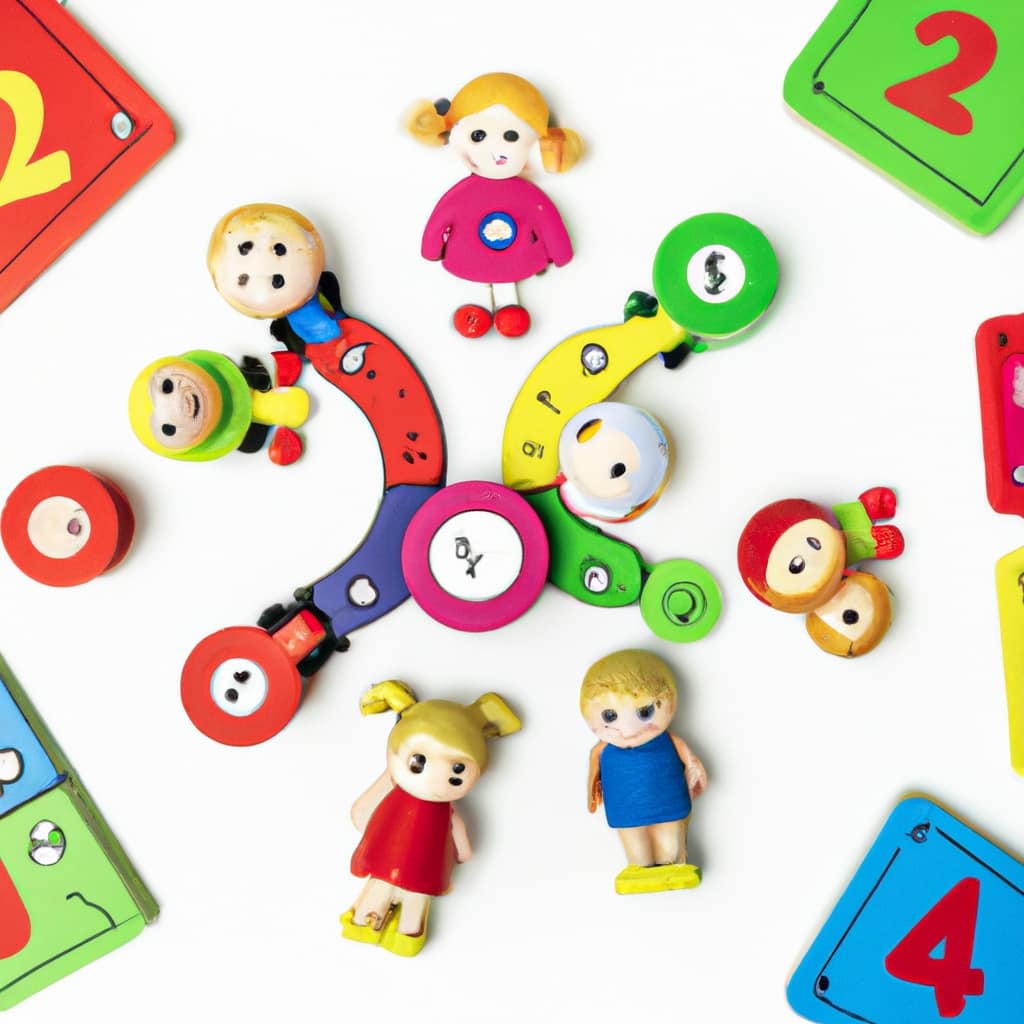
-
Enhancing cognitive flexibility: Counting and sorting toys offer endless possibilities for exploration and experimentation. Children develop their ability to adapt, think flexibly, and find multiple solutions to a problem.
Incorporating counting and sorting toys in playtime not only makes learning fun but also nurtures critical thinking skills that will benefit children throughout their lives.
Building Blocks: Enhancing Spatial Awareness
Playing with building blocks has greatly improved my spatial awareness, allowing me to understand and navigate three-dimensional spaces more effectively. Building blocks not only stimulate creativity and problem-solving skills but also enhance spatial reasoning and mathematical concepts.
As I construct and manipulate these blocks, I am engaging in a form of play that promotes the development of my cognitive abilities. By visualizing and manipulating the blocks in my mind, I am strengthening my spatial reasoning skills, which are essential for understanding shapes, sizes, and distances.
Moreover, building blocks provide a hands-on experience that helps me grasp mathematical concepts such as symmetry, patterns, and geometry. Through the exploration and construction with building blocks, I am not only having fun but also developing key cognitive skills that will benefit me in various areas of my life.
Playdough and Finger Strength: Developing Fine Motor Skills
Kneading and shaping playdough has greatly improved my finger strength, allowing me to develop better control and dexterity in my hands. This simple activity not only provides hours of fun, but it also has numerous benefits for children’s development.
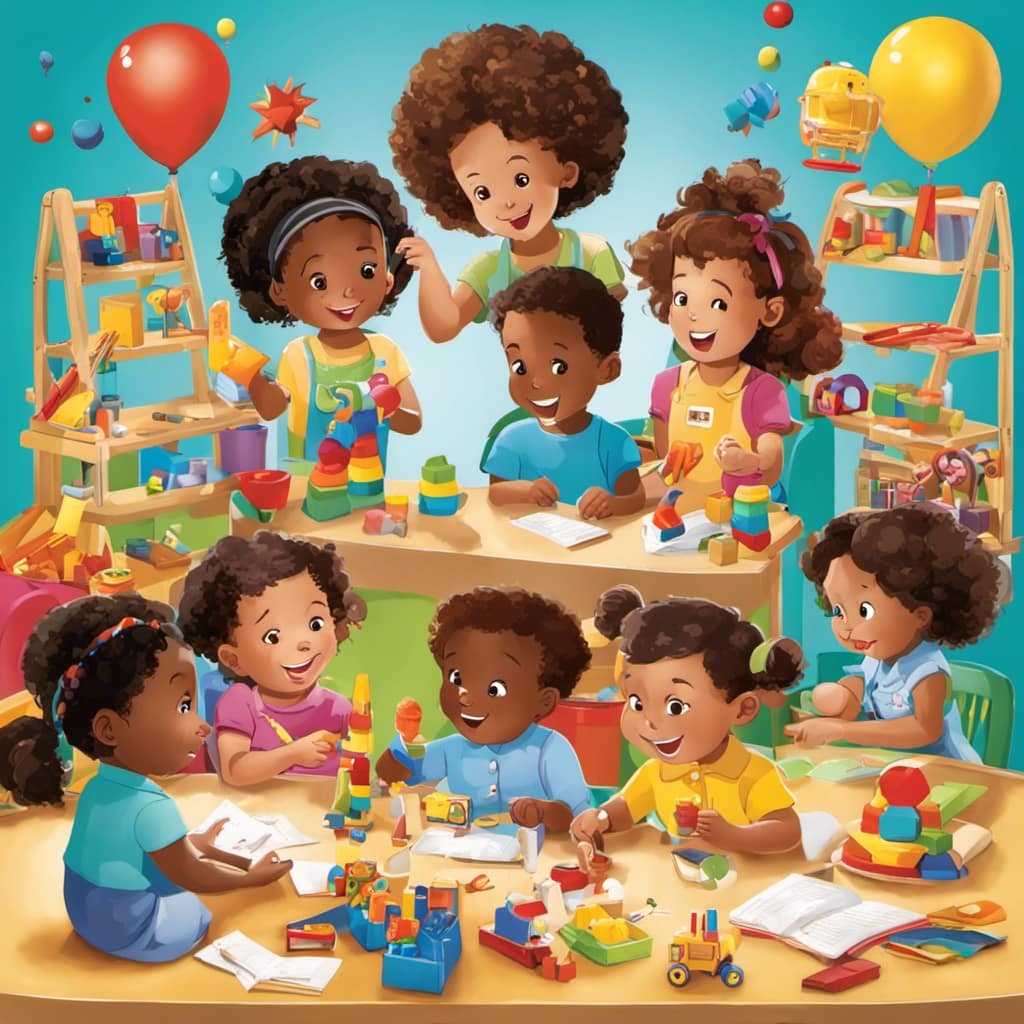
Here are three ways playdough can enhance hand-eye coordination and stimulate brain development:
-
Sensory Stimulation: The tactile experience of manipulating playdough engages multiple senses, promoting exploration and cognitive development. As children squish, mold, and shape the dough, they are enhancing their hand-eye coordination and fine motor skills.
-
Creativity and Imagination: Playdough provides an open-ended play experience that fosters creativity and problem-solving skills. Children can create endless possibilities, from building structures to sculpting animals, which stimulates their imagination and encourages them to think outside the box.
-
Fine Motor Skill Development: Manipulating playdough requires precise finger movements, strengthening hand muscles and improving control. This enhances fine motor skills, which are essential for tasks like writing, buttoning clothes, and using utensils.
Incorporating playdough into sensory play activities not only provides hours of entertainment but also supports children’s hand-eye coordination and promotes brain development.
Frequently Asked Questions
How Does Play Promote Creativity, Problem-Solving, and Critical Thinking Abilities in Preschoolers?
Play fosters creativity, problem-solving, and critical thinking skills in preschoolers. It encourages innovative thinking and allows children to explore different solutions. Additionally, play promotes language development and communication skills, enhancing their ability to express ideas and thoughts.
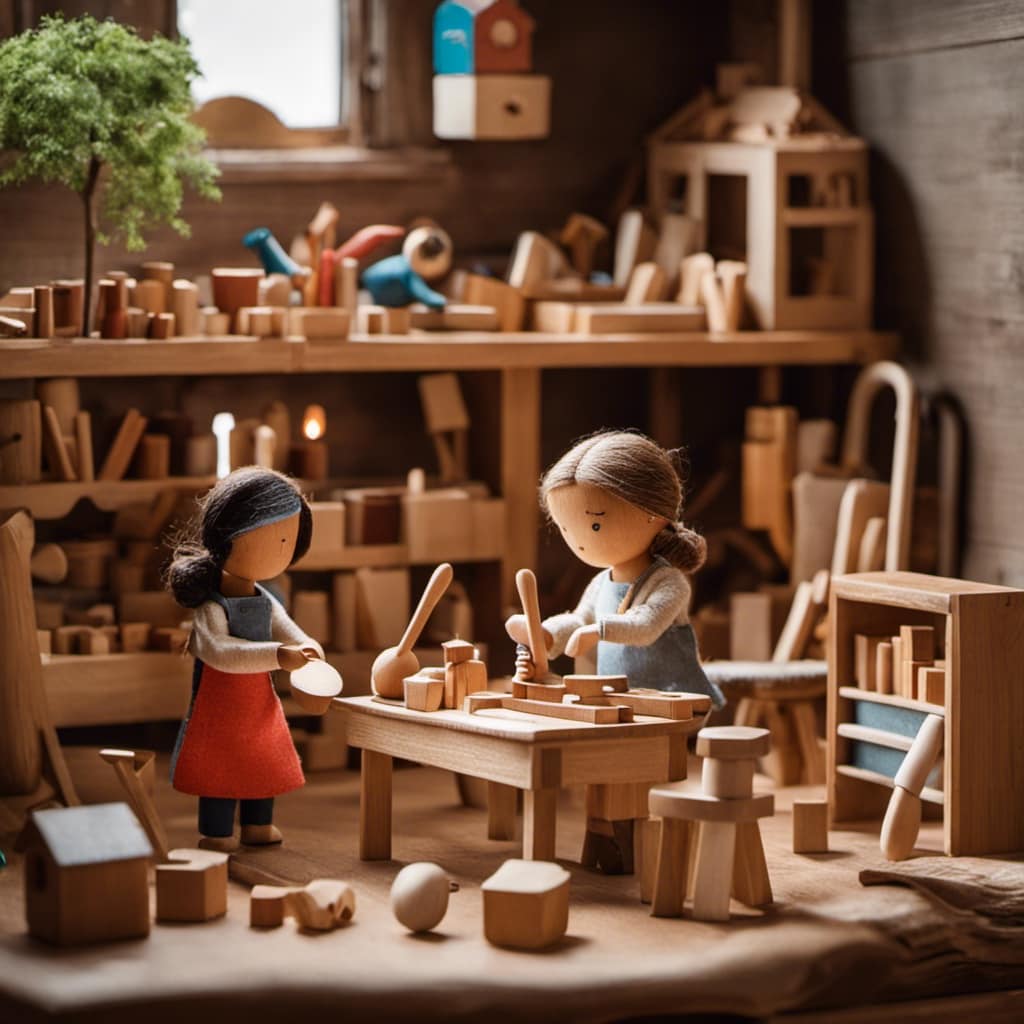
What Are Some Examples of Open-Ended Toys That Enhance Imaginative Play and Cognitive Development?
Open-ended toys, like blocks and dress-up clothes, enhance imaginative play and cognitive development. They encourage creativity, problem-solving, and social interaction. The benefits of these toys include fostering critical thinking skills and promoting the importance of imaginative play.
How Do Puzzles, Building Blocks, and Playdough Help Develop Fine Motor Skills in Preschoolers?
Puzzles, building blocks, and playdough help develop fine motor skills in preschoolers. Puzzles improve hand-eye coordination and problem-solving, building blocks strengthen hand muscles and spatial awareness, and playdough develops finger strength and control.
What Are the Benefits of Sensory Play in Terms of Cognitive Development, Fine Motor Skills, and Problem-Solving Abilities?
Sensory play benefits cognitive development, fine motor skills, and problem-solving abilities. It enhances language development, emotional regulation, and stimulates the brain. Exploring different textures, sounds, and visuals engages multiple senses and promotes learning.
How Does Role-Playing Contribute to the Social, Emotional, and Cognitive Development of Preschoolers?
Role-playing contributes to the social, emotional, and cognitive development of preschoolers by allowing them to understand and regulate their own emotions, develop empathy, and practice cooperation, communication, and problem-solving skills.
Conclusion
In conclusion, the power of play cannot be underestimated in the world of preschool learning.
Through the use of open-ended toys, children are able to engage their creativity and problem-solving skills, while also developing important social and cognitive abilities.
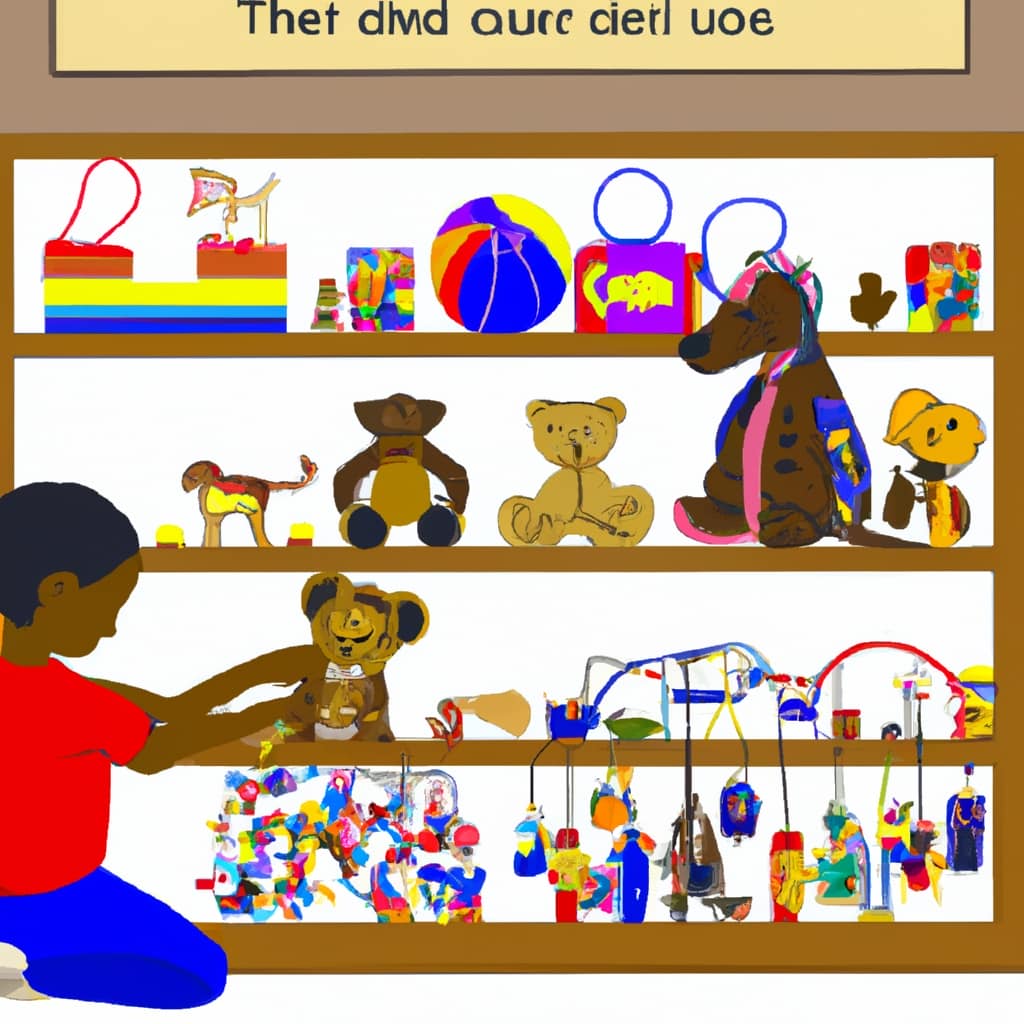
Sensory play allows them to explore the world around them and enhance their fine motor skills.
Role-playing and storytelling toys promote emotional and cognitive development, while counting and sorting toys foster critical thinking.
Building blocks and playdough help children develop spatial awareness and fine motor skills.
By providing a variety of toys and opportunities for play, we can truly unlock the potential of our preschoolers and set them up for success in their educational journey.

